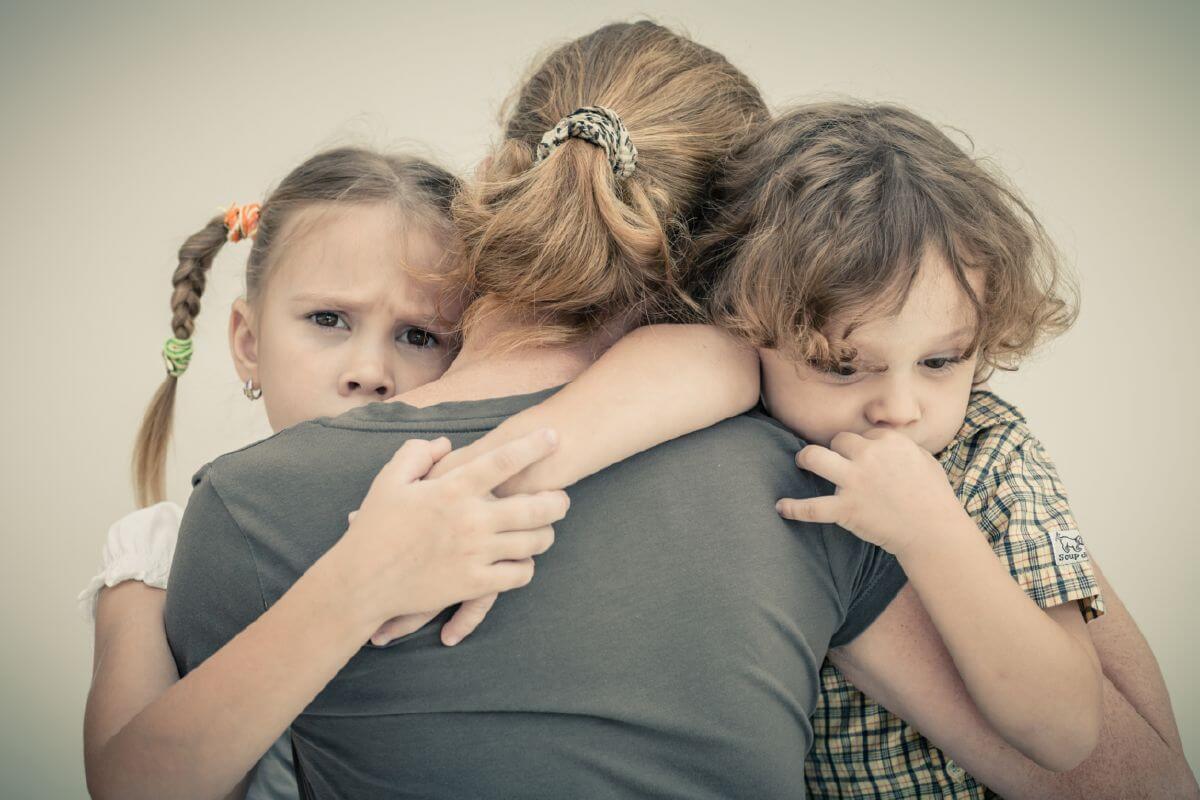Staging And Interventions
Implementing an intervention could work in getting a user to accept treatment. It can in addition save the life of a loved one.
What Exactly Is An Intervention?
An intervention is a highly structured meeting between an addict and their loved ones that is usually supervised by an interventionist.
Effective intercessions can help friends and family of an addicted expresses their emotions usefully.
The next workable action to take when individual interaction with the addict is not effective is to involve a group. An intervention also shows an addict how his/her behaviour influences the people who he/she cares about. The objective is to help the individual battling get into fixation recuperation and restoration.
The Right Time To Stage An Intervention For A Loved One
Approaching an alcohol or drug addict could be very difficult. Although family members or friends have good intentions, they perhaps do not know what they should communicate. A docile interaction may also be impeded by the addict not accepting that they are in danger. There are some outward signs that someone is struggling with addiction, such as
- Behaving secretively
- Growing debts
- Behaving aggressively
- Disintegrating of physical appearance
- Absence of motivation and energy
- Issues at school or work
- Health problems
Countless addicts also battle with other issues such as eating disorders and depression. These other complementary issues could be solved by intervention experts by assisting direct interaction.
How To Stage An Intervention
Find An Intervention Specialist
The initial phase in organizing intervention is reaching an intercession authority. The intervention specialist will make sure that the communication between the different parties progress. An intervention expert assists an addict to put an end to his/her denial. An intervention pro is basic to organizing an effective mediation.

Going to talk to the addicted person on your own might cause more harm to an already dangerous situation. He or she might be stubborn, shut down, and refuse any help. An intervention should on no occasion be tried by loved ones alone.

Create Your Own Intervention Group
It is the intervention specialist who will assist the concerned loved ones put together an intervention plan. There is no plan that is suitable for all circumstances when arranging an intervention. The professional will come up with a workable plan for the addicted person as they work with the family and friends. In the life of a loved one, people who may be crucial in convincing him to accept help may be parents, siblings, spouses or partners, fellow employees and best friends.
Sometimes, children, grandparents, and other elderly family members can be included in the intervention group, too. If children and elderly family members will be involved in the panel, they must be well informed to expect seriously passionate moments.
Learn And Rehearse
The second step in preparing for intervention that the professional will do is to teach the group members all about addiction and what is involved in rehabilitation. Learning and empathy help give experiences the mediation gathering can use to persuade somebody they require assistance. Loved ones must practice and get ready for the mediation with their intercession expert.
The addicted person may not be in a position to recognise their adverse effects of their actions on their loved ones. Dependency alters the chemistry of the brain which causes the addicts to place the substance first. By describing time that the addicted family member has hurt them, friends and family can help trigger a moment of clarity. These stories ought to be pre-composed and checked on by interceding individuals before the mediation.
Deciding On The Time And Place For The Intervention
The rule is that the intervention must hold in a place they are at home with, without anything to put them off. This makes the addict more comfortable for the duration of the intervention. Fix the intervention for a time when the user is most likely to be clear headed. There is no particular duration for intervention, but it could last for 30 - 90 minutes.

Be Prepared For Anything
The type of reaction that you're addicted friend or relative will put up is unpredictable. An intervention expert has professional experience in pacifying antagonistic settings. Their nearness is basic to keeping intercessions as quiet and beneficial as could be expected under the circumstances. Call 999 right away, when the addict's reaction to confrontation places the intervention party at risk.
View Of Intervention
Within the past few years, people have come to embrace intervention hugely. Shows like A&E's Intervention show interventions as the difficult events that they are. Problems such as this could raise the public's awareness of how effective interventions can be. These perceptions can affect interventions causing people not to trust them.
A television show should not deter you from organising an intervention. You additionally shouldn't fear "exceeding your limits."
You should talk to an intervention professional if you sense any fears. The life of your loved one might be at stake.
The Next Steps Forward
The intervention party should identify recovery goals and expectations for the addict that he/she must fulfil after intervention. The addicted must be considered responsible on the off chance that he or she doesn't remain aware of treatment.
A possible unpleasant effect could be to remove children from his/her custody or not allowing him/her to stay at home any longer. The intervention group, family or friend need to stay focused when implementing these penalties. A useful intervention may help your loved one get over their drug problem.
If you need to know more about how to fish out a good treatment and how to organise an intervention, you should contact us.
